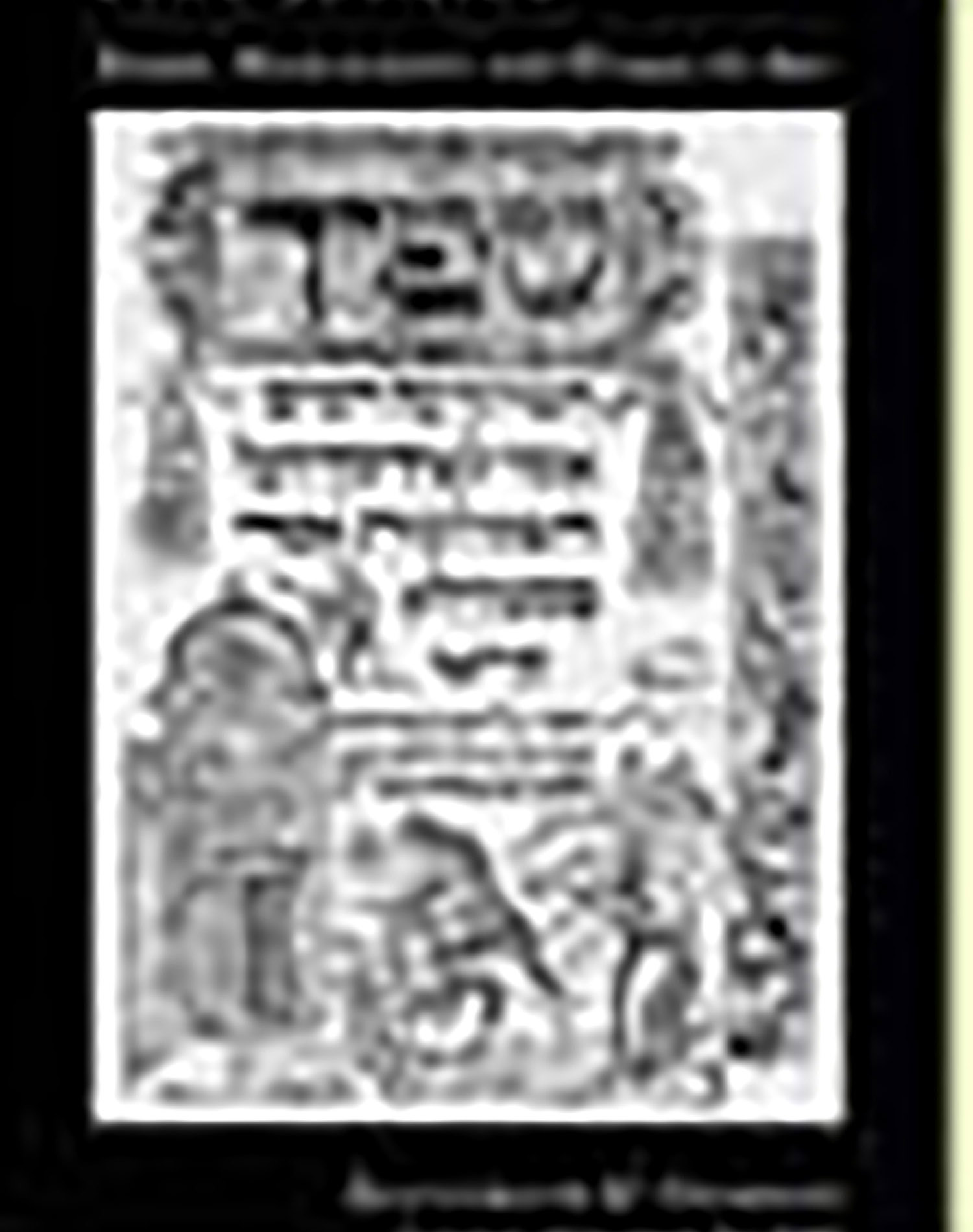PENTATEUCH, HAPHTAROTH AND FIVE SCROLLS). Chamishah Chumshei Torah.

AUCTION 6 |
Tuesday, November 17th,
1998 at 1:00
Fine Judaica: Books, Manuscripts and Works of Art The Property of Various Owners
Lot 34
(BIBLE, Hebrew.
PENTATEUCH, HAPHTAROTH AND FIVE SCROLLS). Chamishah Chumshei Torah.
Amsterdam: Uri Phoebus ben Aaron Halevi, 1680 and 1678
Est: $5,000 - $7,000
First Edition of Sifthei Chachamim by Shabthai Bass - exceedingly popular super-commentary to Rashi.
A highly uncommon Pentateuch issued in portable size for ease of Synagogue attendees (see Preface f.4r). Haphtaroth appear with marginal references by the Sifthei Chachamim, the first and only time this has appeared.
The 14 leaves of prayers that concludes this volume is excessively rare and is apparently one of only two known copies extant. In his article published for the Habermann Festschriften Yad Leheman (1984), H.C. Zafren excitedly confides: “I can here report that the Hebrew Union College Library copy of the Amsterdam 1680 Pentateuch, the first edition of Bass’s Sifthei Chachamim, also has a prayer book bound in at the end. In this case, the prayer book has fourteen leaves.” (See; The 1678 Siddur and the Sifthei Yesheinim: A Methodological Exercise, p.276). These collected prayers, type-set by Jacob de Cordova (as noted in the colophon), were later re-issued and placed with a further 10 leaves to form the rare supplement to Bass’s bibliographic work, Sifthei Yesheinim (1680).
See also Ch. Liberman, Kiryat Sepher Vol. XXXVIII p.276, who presents a concise elucidation of these bibliographic points.
